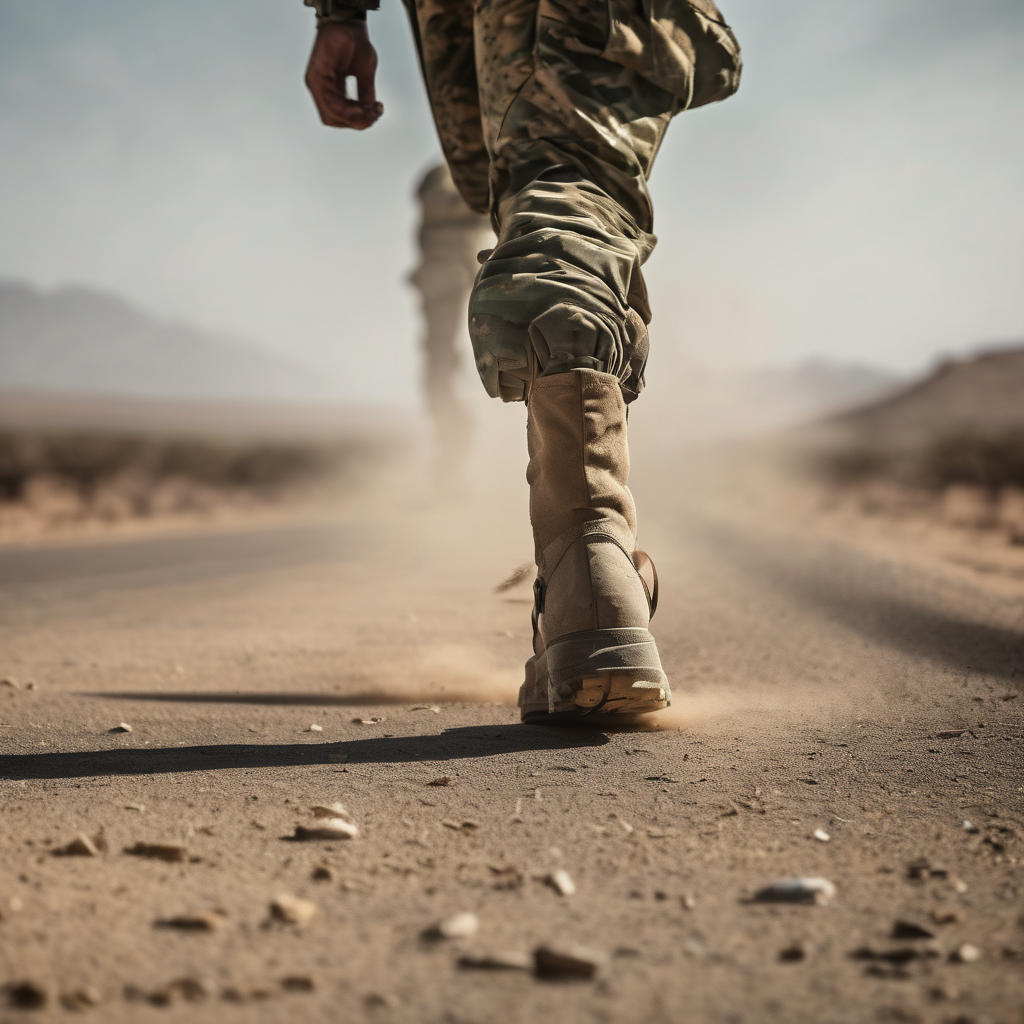Madagascar is currently facing a significant political upheaval as military factions have joined a youth-led protest movement, marking the potential for a serious challenge to President Andry Rajoelina’s administration. The protests, which began on September 25 and have persisted for over two weeks, have reportedly stemmed from grassroots grievances but have grown into a widespread demand for political change.
The elite CAPSAT military unit, known for aiding Rajoelina’s rise to power in 2009, publicly announced their support for the demonstrators, urging other military personnel to defy orders and join the protest movement. They declared control over the country’s security operations, indicating a shift in allegiance that could further complicate the political landscape. Additionally, they appointed General Demosthene Pikulas, the former head of the military academy, as the new army chief.
The protests have garnered a broader coalition, with members of the national gendarmerie also breaking away from government support, emphasizing their role as protectors of the civilian population. A statement from the Intervention Forces of the National Gendarmerie highlighted their commitment to refraining from using force against citizens, underscoring a shift towards more civilian-friendly governance.
As tensions escalate, President Rajoelina’s government faces its most substantial challenge since his re-election in 2023. The condition mirrors other recent situations in different regions grappling with political unrest, such as in New Caledonia, where ongoing protests and demands for independence have similarly raised concerns about government stability and military involvement.
As Madagascar navigates this critical moment, there remains a glimmer of hope that dialogue may emerge from the turmoil, potentially leading to a resolution that addresses the concerns of a populace increasingly vocal about its needs and aspirations for democracy. The active participation of the military alongside civilians suggests a willingness to engage in transformative political dynamics, aiming for a government that is more representative and responsive to the voicing of its citizens.
